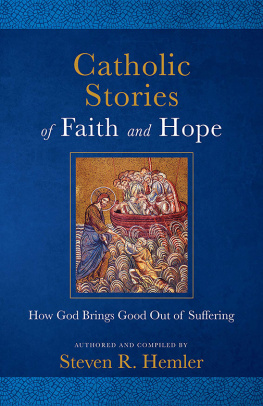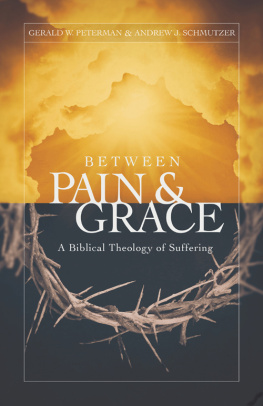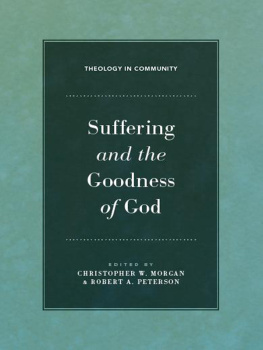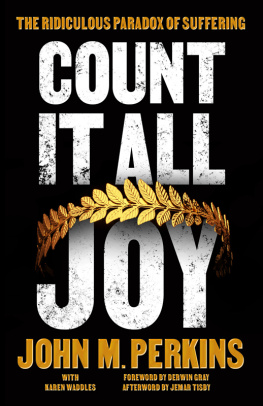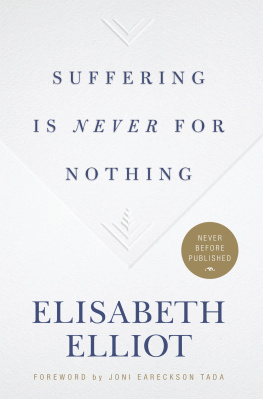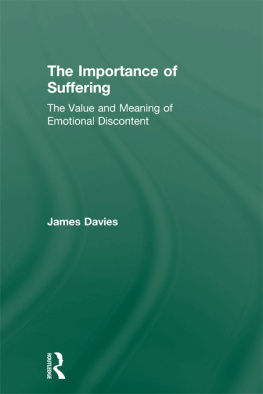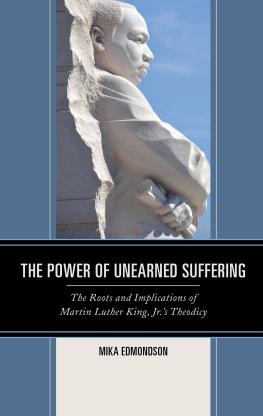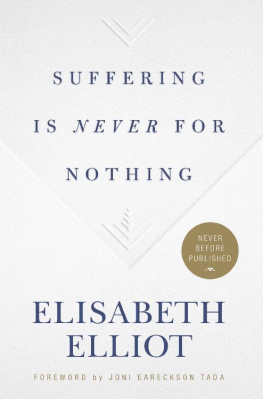James Henry Harris - Black Suffering: Silent Pain, Hidden Hope
Here you can read online James Henry Harris - Black Suffering: Silent Pain, Hidden Hope full text of the book (entire story) in english for free. Download pdf and epub, get meaning, cover and reviews about this ebook. year: 2020, publisher: Fortress Press, genre: Politics. Description of the work, (preface) as well as reviews are available. Best literature library LitArk.com created for fans of good reading and offers a wide selection of genres:
Romance novel
Science fiction
Adventure
Detective
Science
History
Home and family
Prose
Art
Politics
Computer
Non-fiction
Religion
Business
Children
Humor
Choose a favorite category and find really read worthwhile books. Enjoy immersion in the world of imagination, feel the emotions of the characters or learn something new for yourself, make an fascinating discovery.

- Book:Black Suffering: Silent Pain, Hidden Hope
- Author:
- Publisher:Fortress Press
- Genre:
- Year:2020
- Rating:4 / 5
- Favourites:Add to favourites
- Your mark:
Black Suffering: Silent Pain, Hidden Hope: summary, description and annotation
We offer to read an annotation, description, summary or preface (depends on what the author of the book "Black Suffering: Silent Pain, Hidden Hope" wrote himself). If you haven't found the necessary information about the book — write in the comments, we will try to find it.
In Black Suffering, James Henry Harris explores the nexus of injustices, privations, and pains that contribute to the daily suffering seen and felt in the lives of Black folks. This suffering is so normalized in American life that it often goes unnoticed, unseen, and even--more often--purposely ignored. The reality of Black suffering is both omnipresent and complicated--both a reaction to and a result of the reality of white supremacy, its psychological and historical legacy, and its many insidious and fractured expressions within contemporary culture. Because Black suffering is so wholly disregarded, it must be named, discussed, and analyzed.
Black Suffering articulates suffering as an everyday reality of Black life. Harris names sufferings many manifestations, both in history and in the present moment, and provides a unique portrait of the ways Black suffering has been understood by others. Drawing on decades of personal experience as a pastor, theologian, and educator, Harris gives voice to sufferings practical impact on church leaders as they seek to forge a path forward to address this huge and troubling issue. Black Suffering is both a mixtape and a call to consciousness, a work that identifies Black suffering, shines a light on the insidious normalization of the phenomenon, and begins a larger conversation about correcting the historical weight of suffering carried by Black people.
The book combines elements of memoir, philosophy, historical analysis, literary criticism, sermonic discourse, and even creative nonfiction to present a remix of the suffering experienced daily by Black people.
James Henry Harris: author's other books
Who wrote Black Suffering: Silent Pain, Hidden Hope? Find out the surname, the name of the author of the book and a list of all author's works by series.


